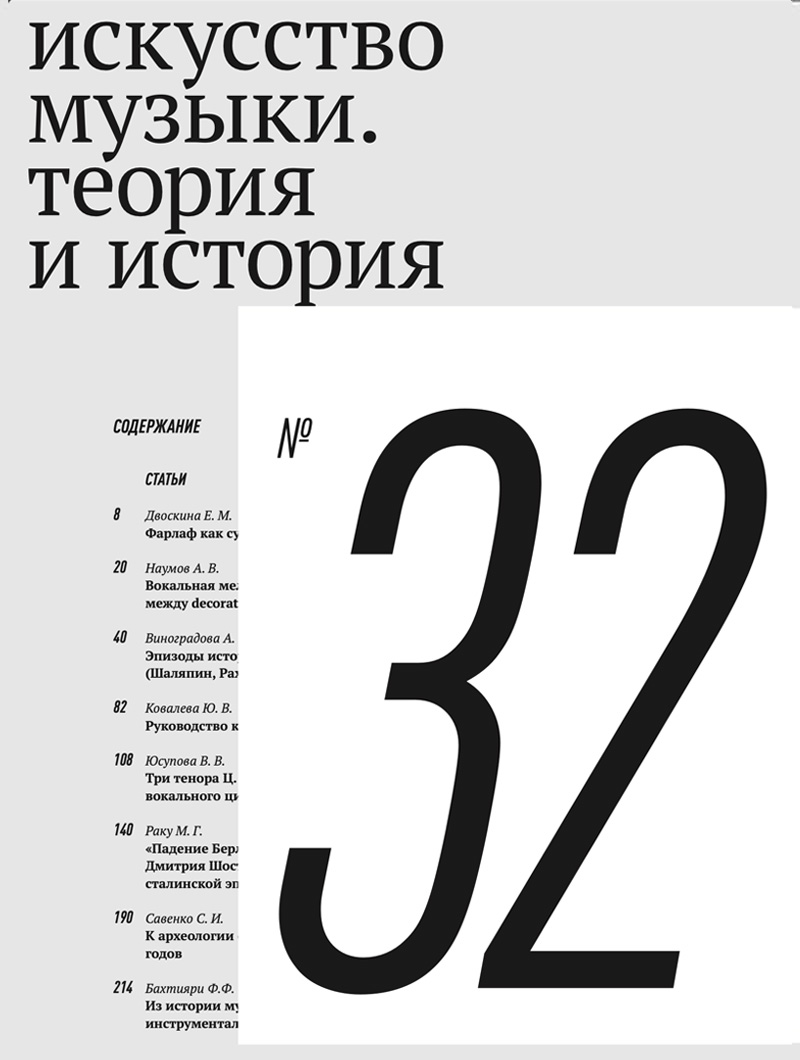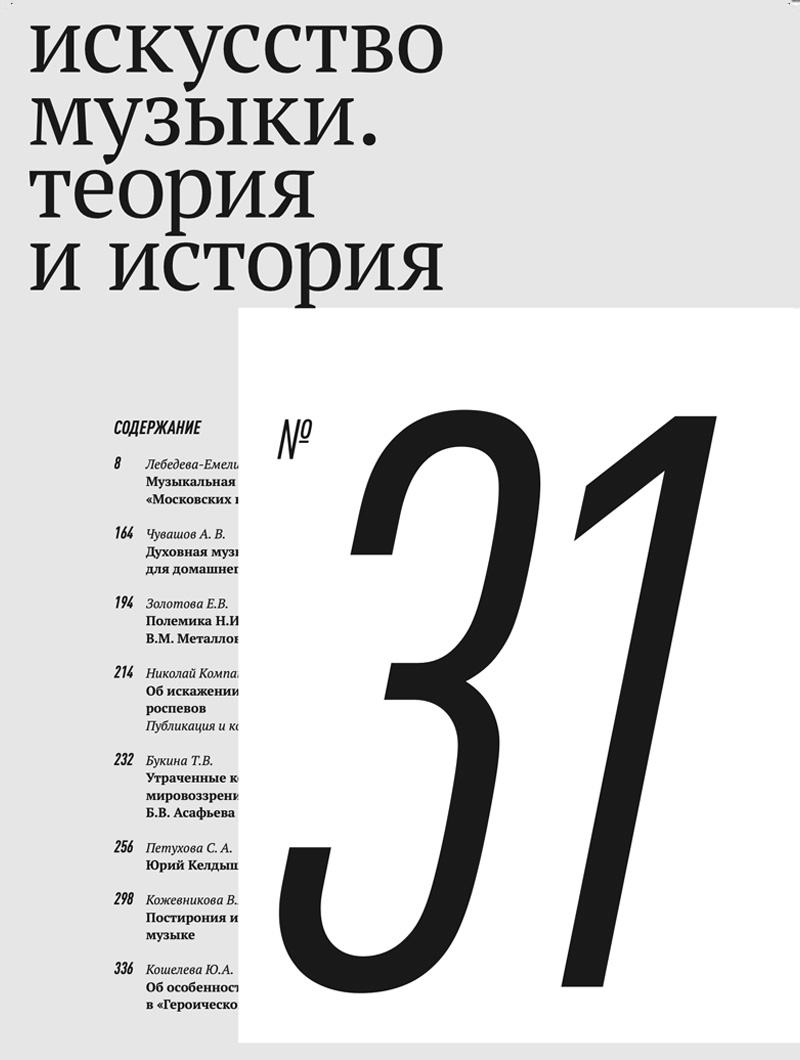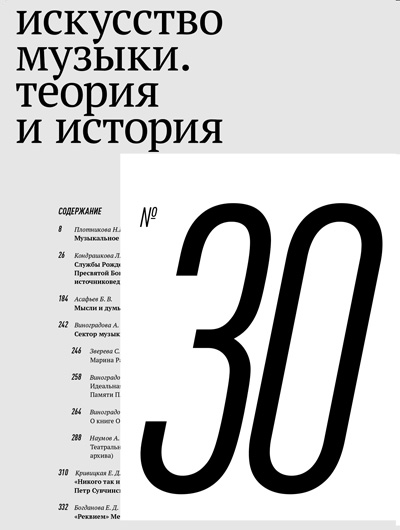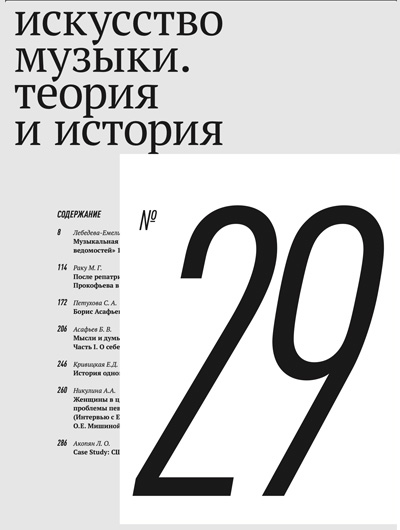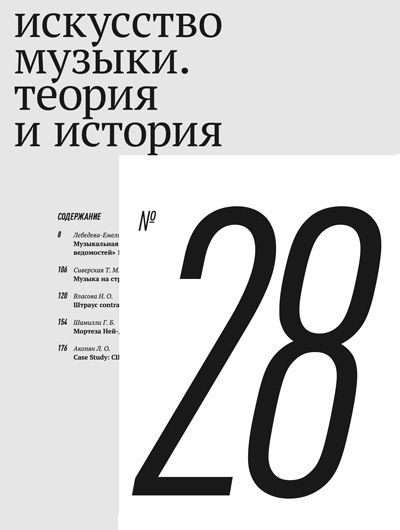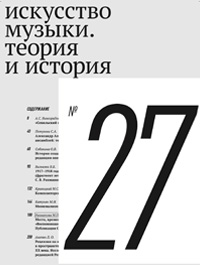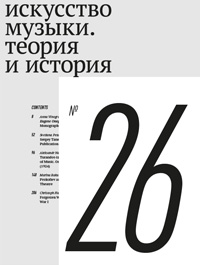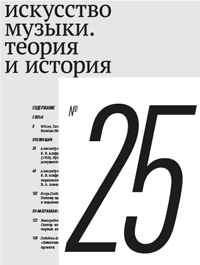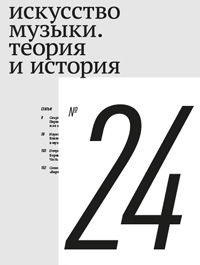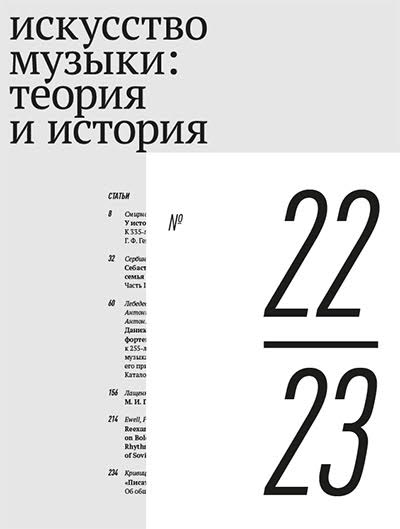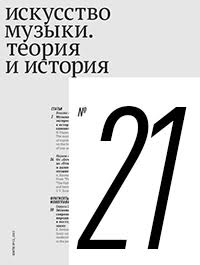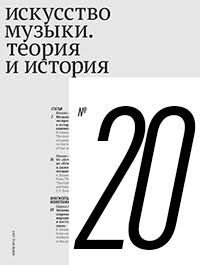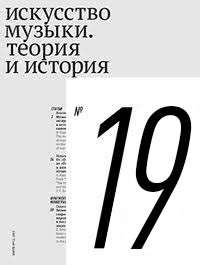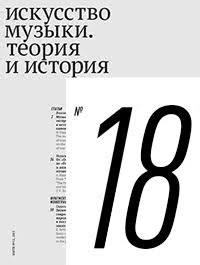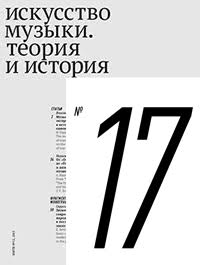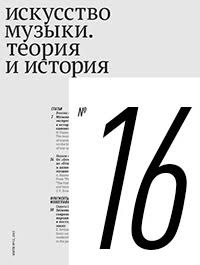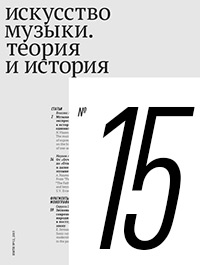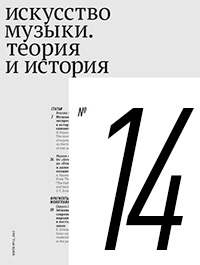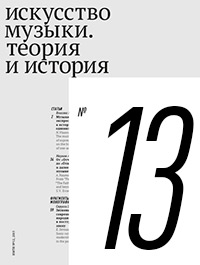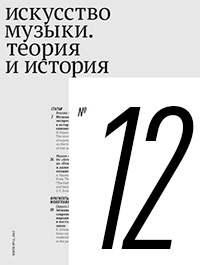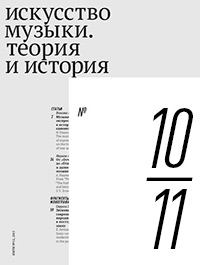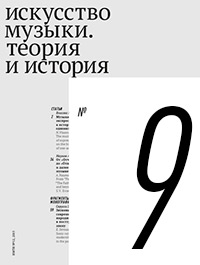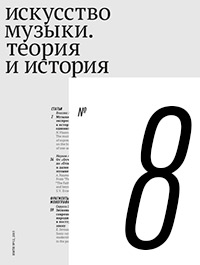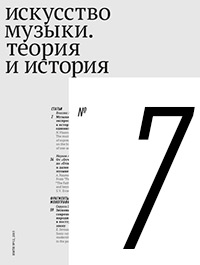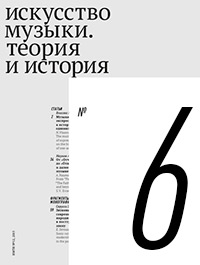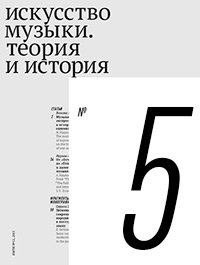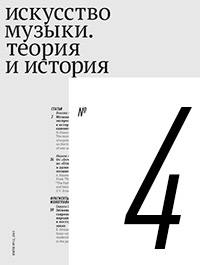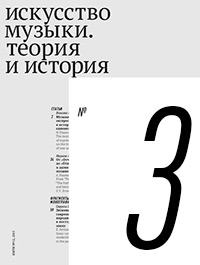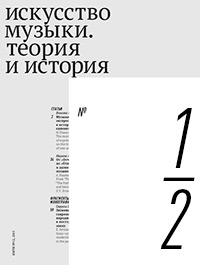2021 № 24
The article summarizes the available information on the musical and literary activities of Giovanni (Ivan) de Dominicis. For the first time his biography of Giovanni Paisiello written in Russian in 1818 is being published along with our commentaries.
Key Words
Giovanni Paisiello, Giovanni de Dominicis, biography of a musician, Russian-Italian cultural relations.
Gerhart Hauptmann’s drama Hannele (‘Traumdichtung’, according to the author’s definition), appeared in print in 1893 and quickly attracted the attention of both theatres and musicians in Germany and abroad. A number of musical works in different genres, from symphonic Vorspiel to opera, were created on its basis for five years. Almost all of them were immediately published. The history of the production of the Moscow Art Theatre in 1898 became the most famous of all. This early innovative experiment of Konstantin Stanislavsky with music by Anton Simon was banned by church censorship. The performance represented a transitional step from the ‘old’ tradition of stage extravaganza to the ‘new’ principles of the twentieth century theatre production. Previously unexplored musical excerpts of the mid-1890s give a certain idea of the state of ‘dramatic music’ at the turning point of the epochs.
Key Words
Hauptmann, Hannele, Marschalk, Kolesnikov, Stanislavsky, Simon, Moscow Art Theatre, theatrical music, melodrama, melodeclamation.
This essay is devoted to the activities of Boris Dobrokhotov in the discovery, restoration and editing of the works of Russian classics (1946–1988). Due to his efforts, the legacy of Russian composers of the 18th and 19th centuries was enriched in dozens of previously unknown works. Here the editorial work of Dobrokhotov on Rakhmaninov’s quartets and Verstovsky’s opera Askold’s Grave is examined in detail. The central place is occupied by the study of Alyabyev’s chamber-instrumental oeuvre from the standpoint of his authorship, authenticity and historicism.
Key Words
B. V. Dobrokhotov, J. S. Bach, A. Vivaldi, S. Rakhmaninov, A. Alyabyev, A. Verstovsky, transcriptions, Commission on Source Studies and Textual Criticism, P. A. Lamm, principles of editing.
The article examines the significance of ‘Warsaw Autumn’ – one of the most important festivals of new music in post-war Europe – for the development of Soviet music of the 1960s. For the first time in Russian musicology this topic becomes a subject matter of a special study. The cultural-historical aspects of the formation of ‘Warsaw Autumn’ are described, its place among other European new music festivals is assessed, the basic information on the works of Soviet composers performed at the festival is presented (the main text is supplemented with the complete list of performances for 1956–2019), the materials of Soviet press concerning the festival (the publications in the journal Sovetskaya Muzïka from 1959 to 1966) are analyzed.
Key Words
Cultural politics after 1945, festivals of new music, ‘Warsaw Autumn’, Polish music of the 1960s, Soviet music of the 1960s, musical avant-garde, Denisov, Pärt, Schnittke, Khrennikov, journal Sovetskaya Muzïka.
